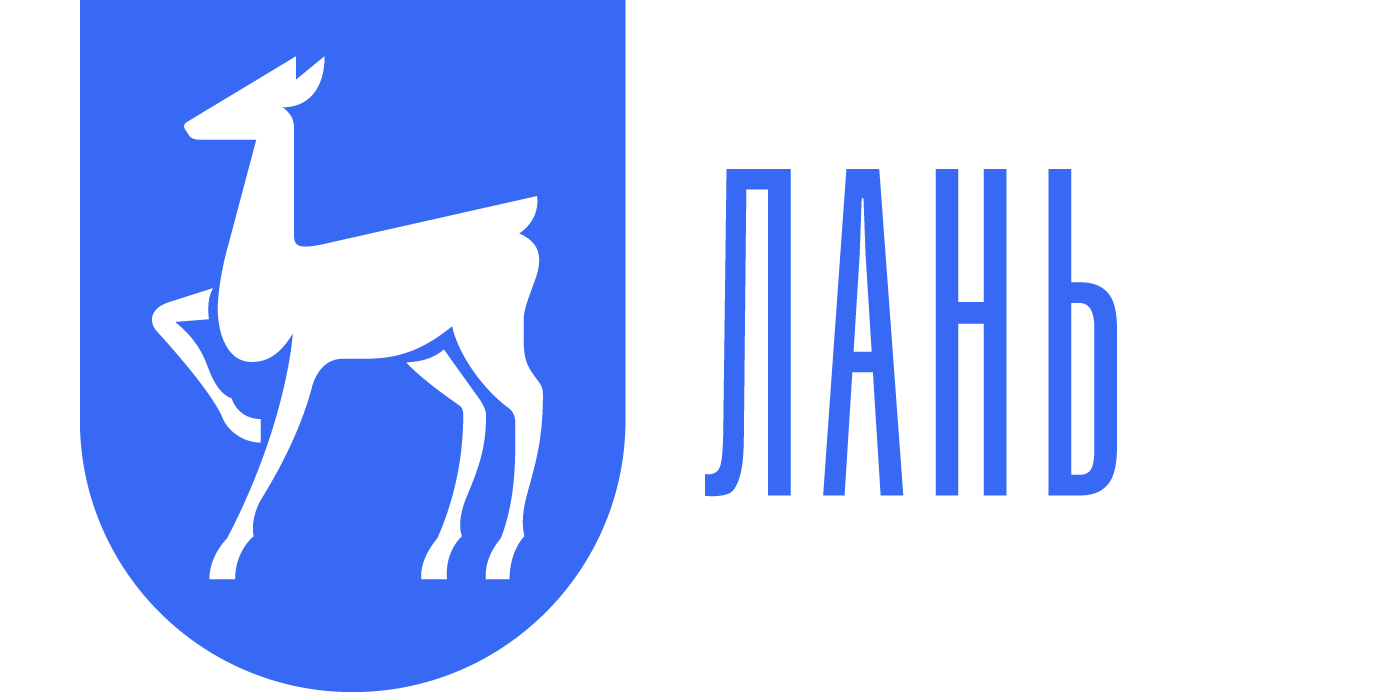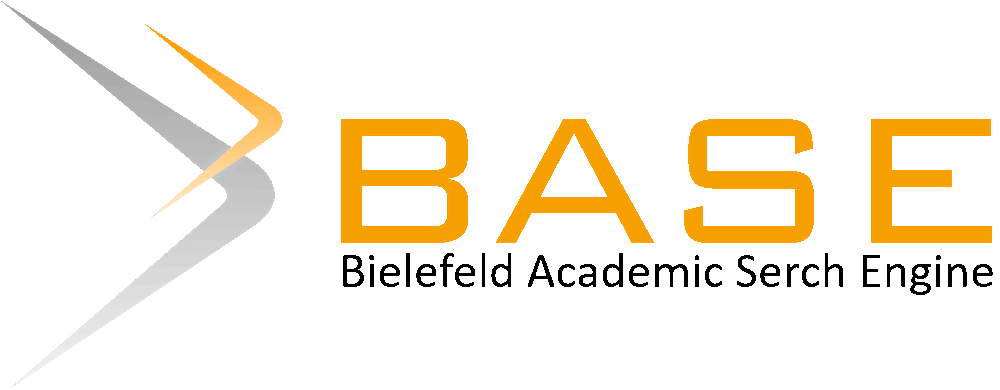Современные подходы к диагностике перенапряжения и перетренированности спортсмена
Ключевые слова:
перенапряжение, перетренированность, восстановление, профилактикаАннотация
В современном спорте в настоящее время важно различие между функциональным перенапряжением на гране преодоления и состоянием настоящей (истинной) перетренированности. Эти состояния у спортсмена имеют схожие клинические, гормональные и другие изменения и симптомы. Ключевым моментом в установлении факта перетренированности может быть «длительная неадекватная дезадаптация» не только организма спортсмена в целом, но и некоторых его биологических, нейрохимических и гормональных механизмов регуляции. Функциональное перенапряжение – это краткосрочное снижения потенциала результативности с физиологическими и психологическими признаками и симптомами дезадаптации спортсмена, при которых восстановление его тренировочного (функционального состояния) потенциала возможно от нескольких дней до нескольких недель. Синдром перетренированности сопряжен с длительным снижением функциональных возможностей спортсмена, при котором восстановление тренировочного потенциала спортсмена (функционального состояния) возможно от нескольких недель до нескольких месяцев.
Библиографические ссылки
Акулич, Н. В. Гомеостазис: анализ концепции с позиции межклеточных взаимодействий : монография / Н. В. Акулич, Н. Г. Кручинский– Могилев : МоГУ им. А.А. Кулешова, 2004. – 176 с.
Гаврилова, Е. А. О синдроме перетренированности / Е. А. Гаврилова // Физкультура в профилактике, лечении и реабилитации. – 2009. – № 2. – С. 25-27.
Иорданская, Ф. А. Особенности современной адаптации при перелетах на восток и запад, средства коррекции и профилактики десинхроноза / Ф. А. Иорданская, // Теория и практика физической культуры. – 2000. – № 3. – С. 9-15.
Колб, Дж. Факторы окружающей среды / Дж. Колб // Спортивная медицина. – К.: Олимп. лит., 2003. – С. 265-280.
Матвеев, Л. П. Общая теория спорта и ее прикладные аспекты : учеб. для вузов физ. культуры / Л. П. Матвеев. – [5-е изд.]. – М.: Советский спорт, 2010. – 340 с.
Меерсон, Ф. 3. Адаптация к стрессорным ситуациям и физическим нагрузкам / Ф. 3. Меерсон, М. Г. Пшенникова. – М.: Медицина, 1988. – 256 с.
Платонов, В. Н. Система подготовки спортсменов в олимпийском спорте. Общая теория и ее практическое применение : учеб. для студ. вузов физ. воспитания и спорта / В. Н. Платонов. – К.: Олимп. лит., 2004. – 808 с.
Платонов, В. Н. Периодизация спортивной тренировки. Общая теория и ее практическое применение / В. Н. Платонов. – К.: Олимп. лит., 2013. – 624 с.
Селье, Ганс Очерки об адаптационном синдроме / Ганс Селье ; пер. с англ. В. И. Кандрор, А. А. Рогов. – Москва : Медгиз, 1960. – 254 с.
Холландер, Д. Б. Психологические факторы перетренированности: юношеский спорт / Д. Б. Холландер, М. Мейерс, А. Ле Ун // Информационно-аналитический бюллетень. – 2010. – №7. – С. 236-253.
Meeusen, R., Duclos М., Foster C. Joint Consensus Statement Prevention, Diagnosis, and Treatment of the Overtraining Syndrome: Joint Consensus Statement of the European College of Sport Science and the American College of Sports Medicine / R. Meeusen, М.Duclos, C. Foster // Med Sci Sports Exerc. – 2013. – V.45. – № 1. – P. 186–205.
Kreher, J. B. Overtraining syndrome: a practical guide / J. B. Kreher, J. B. Schwartz // Sports Health. – 2012. – № 4. – P. 128–138.
References
Akulich N.V., Kruchynsky N.G. Gomeostazis: analiz konczepczii s poziczii mezhkletochny`kh vzaimodejstvij [Homeostasis: analysis of the concept from the perspective of intercellular interactions]. Mogilev, Mogilev State University named after. A.A. Kuleshov, 2004, 176 p. (Russian)
Gavrilova E.A. O sindrome peretrenirovannosti [About overtraining syndrome]. Fizkul`tura v profilaktike, lechenii i reabilitaczii [Physical education in prevention, treatment and rehabilitation]. 2009, no. 2, pp. 25-27. (Russian)
Jordanskaya F.A. Osobennosti sovremennoj adaptaczii pri pereletakh na vostok i zapad, sredstva korrekczii i profilaktiki desinkhronoza [Features of modern adaptation during flights to the east and west, means of correction and prevention of desynchronosis]. Teoriya i praktika fizicheskoj kul`tury` [Theory and practice of physics. Culture], 2000, no. 3, pp. 9-15. (Russian)
Kolb J. Faktory` okruzhayushhej sredy` [Environmental factors]. Sportivnaya mediczina [Sports. Medicine]. K. Olympus. lit., 2003, pp. 265-280. (Russian)
Matveev L.P. Obshhaya teoriya sporta i ee prikladny`e aspekty` [General theory of sports and its applied aspects]. Moscow, Sov. sport, 2010, 340 p. (Russian)
Meerson F. Z., Pshennikova M. G. Adaptacziya k stressorny`m situacziyam i fizicheskim nagruzkam [Adaptation to stressful situations and physical activity]. Moscow, Medicine, 1988, 256 p. (Russian)
Platonov V.N. Sistema podgotovki sportsmenov v olimpijskom sporte. Obshhaya teoriya i ee prakticheskoe primenenie [System of training athletes in Olympic sports. General theory and its practical application]. K. Olympus. lit., 2004, 808 p. (Russian)
Platonov V.N. Periodizacziya sportivnoj trenirovki. Obshhaya teoriya i ee prakticheskoe primenenie [Periodization of sports training. General theory and its practical application]. K. Olympus. lit., 2013. 624 p. (Russian)
Selye Hans Ocherki ob adaptaczionnom sindrome [Essays on the adaptation syndrome]. Moscow, Medgiz, 1960, 254 p. (Russian)
Hollander D.B., Meyers M., Le A. Un Psikhologicheskie faktory` peretrenirovannosti: yunosheskij sport [Psychological factors of overtraining: youth sports]. Informaczionno-analiticheskij byulleten` [Information and analytical bulletin]. 2010, no. 7, pp. 236-253. (Russian)
Meeusen R., Duclos М., Foster C. Joint Consensus Statement Prevention, Diagnosis, and Treatment of the Overtraining Syndrome: Joint Consensus Statement of the European College of Sport Science and the American College of Sports Medicine. Med Sci Sports Exerc. 2013, vol.45, no. 1, pp. 186–205.
Kreher J.B., Schwartz J.B. Overtraining syndrome: a practical guide. Sports Health. 2012, no. 4, pp. 128–138.










